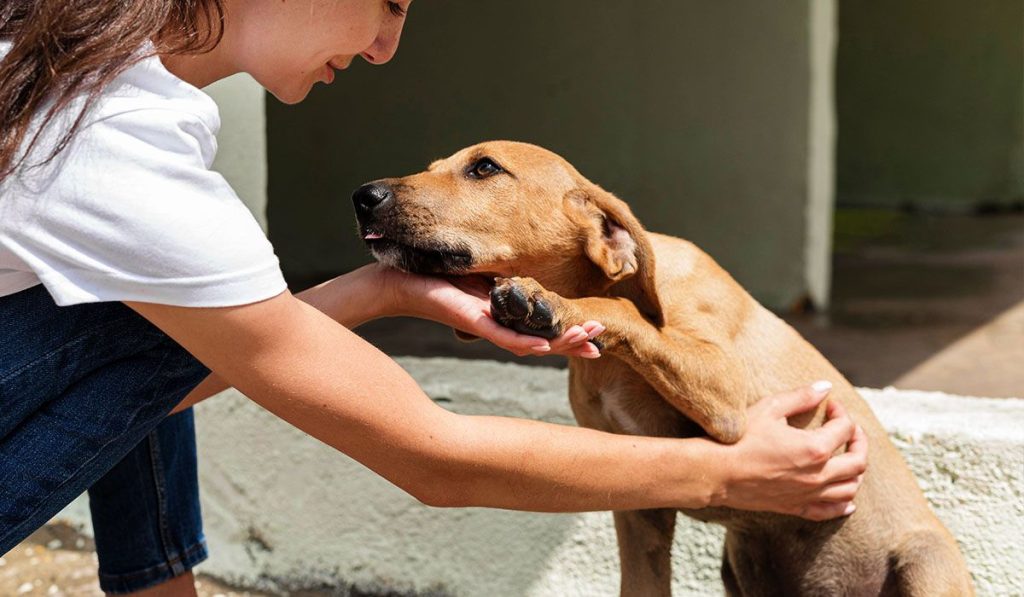Animals in need often find comfort and care in animal hospitals. These dedicated facilities play a crucial role in rescue efforts. When injured or abandoned animals arrive, the hospitals provide immediate medical attention. They offer essential services that help save lives. A veterinarian in Alexandria, VA, for instance, treats various cases daily. This work ensures that the rescued animals receive necessary care. Furthermore, animal hospitals collaborate with rescue organizations. They share resources and expertise, enhancing the overall rescue mission. By providing necessary medical treatments, they give animals a second chance. They also support foster and adoption programs by ensuring animals are healthy and ready for new homes. Through their efforts, animal hospitals change lives and foster hope for countless animals. Their work is a testament to the unwavering commitment to animal welfare. Your support of local animal hospitals can make a difference in these lifesaving efforts.
Immediate Medical Care for Rescued Animals
Table Contents
Animal hospitals are often the first point of contact for rescued animals. They provide prompt medical attention to those in distress. Treatments begin with essential diagnostic tests. These tests help in assessing the animal’s health quickly. Hospitals offer surgeries, wound care, and other critical services. Timely intervention increases survival chances for these vulnerable creatures. The care provided includes vaccinations and parasite control. Such preventive measures are crucial for overall recovery.
Collaboration with Rescue Organizations
Effective animal rescue requires collaboration. Animal hospitals work alongside rescue groups. They coordinate efforts to ensure seamless care. Sharing resources and knowledge boosts the impact of rescue missions. Hospitals offer medical expertise. In return, rescues provide the necessary logistical support. This partnership is vital for comprehensive animal welfare. Working together, they address both immediate and long-term needs. This cooperation results in better outcomes for rescued animals.
Preparation for Adoption and Foster Care
Once medical needs are addressed, the focus shifts to finding homes. Hospitals assess animals to prepare them for adoption. This includes behavioral evaluations and health assessments. Animals in good health have a higher chance of being adopted. Many hospitals offer support for foster programs. They provide medical care and advice to foster families. This guidance ensures that animals remain healthy and happy in their temporary homes.
Education and Community Support
Animal hospitals also play a role in community education. They inform the public about responsible pet ownership. Educating the community helps prevent future neglect and abandonment. Some hospitals host workshops and training sessions. These events teach attendees about animal care. Engaging with the community fosters a culture of compassion. It encourages more people to get involved in rescue efforts. Understanding animal needs leads to better care and support.
Data on Animal Hospitals’ Impact
|
Service |
Outcome |
|---|---|
|
Emergency Care |
Increased survival rates by 70% |
|
Vaccination Programs |
Decrease in disease outbreaks by 50% |
|
Adoption Support |
Higher adoption rates by 60% |
Support Through Donations and Volunteering
Animal hospitals often rely on community support. Donations help cover the costs of medical supplies. Volunteers assist with day-to-day operations. Opportunities exist for a wide range of activities. You can help with animal care or administrative tasks. Volunteering provides valuable assistance to these organizations. Your contribution, whether time or money, supports ongoing rescue efforts.
Conclusion
Animal hospitals are vital in rescue efforts. They provide necessary medical care and support. By collaborating with rescue organizations, they enhance their impact. They prepare animals for new homes and educate the public. Supporting these institutions ensures continued success in animal welfare. Your involvement can make a significant difference. Consider donating or volunteering to help these vital institutions continue their work. For more information, you can visit the American Veterinary Medical Association for guidelines on supporting animal hospitals.

